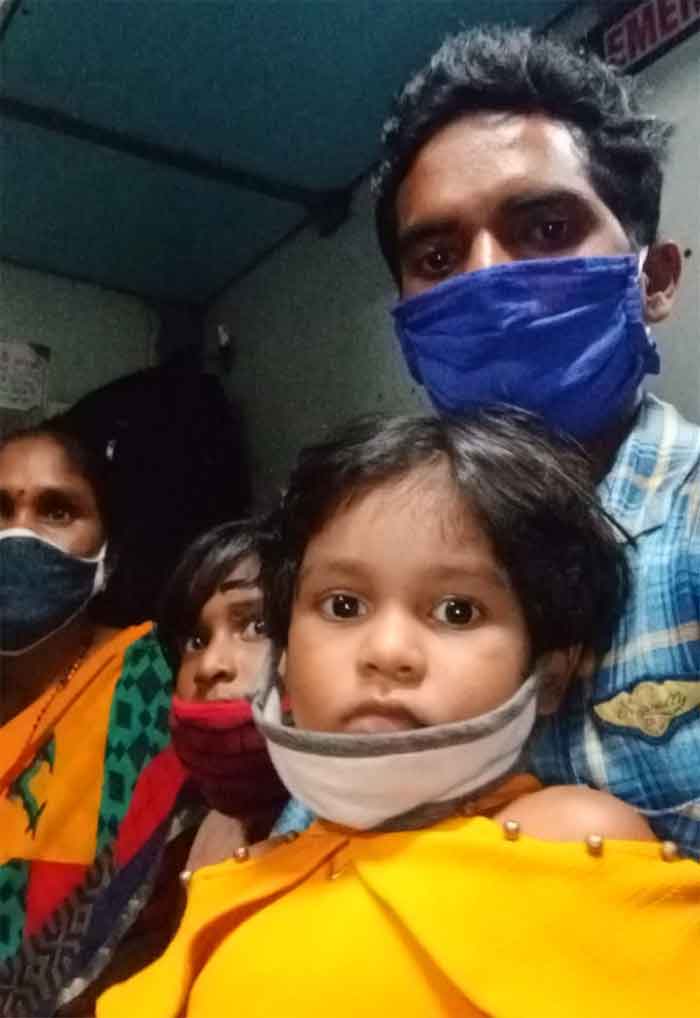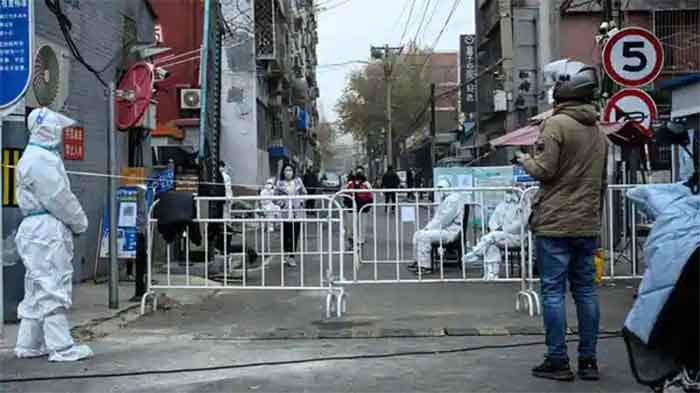
The freedom of press comes from the Right to Speech which is guaranteed to all the citizens by the constitution of India vide article 19 (1) (a). The media has been recognised as the fourth pillar of democracy, four in row to save and to strengthen it. In the last seventy years of independence, we have seen exponential growth in the number of TV channels and newspapers. All these channels and newspapers, on the basis of their propensity, can aptly be divided into two groups; business media and non-business media. Though generated millions of viewers/readers, the business media has always been controlled by very few wealthy people. Today, the business media has been a medium to increase both the business value and vote bank of their owner/s. On the other hand, various non-business media agencies and their journalists have been harassed by the government and by the supporters of the ruling party for their honesty towards their work. Has this situation changed at time of Corona pandemic and the subsequent lockdown, or is the same situation prevailing?
1. In India, the first positive case of Corona infection was detected on 30 January 2020. In consequence, in the first week of February the World Health Organisation (WHO) had warned that this Corona epidemic could turn into a pandemic. But Bharatiya Janata Party led the Union government during this period was engaged in ‘Namaste Trump’ – welcoming president Trump of US (February 24 -25). The mainstream business media joined with chorus and coined slogans like “Faithful friend of India” and “Main protector of India” etc. At the same time thousands of Indians were coming from the Corona affected countries like Italy, Spain and US etc. The media did not highlight the case hinting at fitting testing measures and the very ignoring of institutional quarantine. Rather it engaged in highlighting the victory of BJP in Madhya Pradesh (March 19 -20). None of them had brought the warning of W.H.O. before the government.
2. Had the government given a week’s time instead of announcing the complete shut-down, within four hours (March 24), lakhs of migrant workers could have reached home and would not have been blamed as carrier of the virus. Had it been, the farmers could have collected crops from their field, the businessmen could have transported their business items and the examinations of lakhs of students could have been completed. Further, the students would not have gone through a period of uncertainty and trauma like today.
Instead of highlighting the difficulties that the people faced, the business media projected clapping, ringing, lighting-off and showering flowers in such a way as if all these were the part of public health system at the behest of the Corona pandemic. Also those media did not restrict themselves to violate one’s right to privacy and comments of the Supreme Court (March 30) but highlighted police beating, torture and abuse, kneel down to implement the instructions of the government.
3. The declaration of Emergency (1975) could be cutting line in the post independent history of Media. Up to such time, some of the wealthy individuals those had less political leanings, trust and publication house owned the media houses. However, during the emergency and after that, the media started ‘crawling’ when it was asked to bend.
Today, the media owners have made business out of it and are not confined to this sector only. They have gone in investing mining, entertainment, education, construction and retail business in this phase of globalisation and have invested in each other’s project in cross-shareholding design. This is the reason why all business media are reporting almost in a similar fashion. In some of the rare occasions, the media reports us as per leanings of its owners’ political party. Largely the business media has been playing both as advertisement agency of the government and like North Korean media agency if it comes across any anti-people decision of the government.
Ganatantrik Adhikar Suraksha Sangathan, Odisha (GASS) is a member-based autonomous democratic rights organization, working for the protection of human and democratic rights of common people in the state and outside. GASS stands for repealing of sedition law and abolition of capital punishment as also opposing communal, caste, gender and state violence. It brings out bi-monthly Odia magazine ‘Ganabhiti’ on human rights issues, prepare small booklets on different issues and organise various programes through the members and join with others on issues of human rights.Email: [email protected]
SIGN UP FOR COUNTERCURRENTS DAILY NEWSLETTER















































